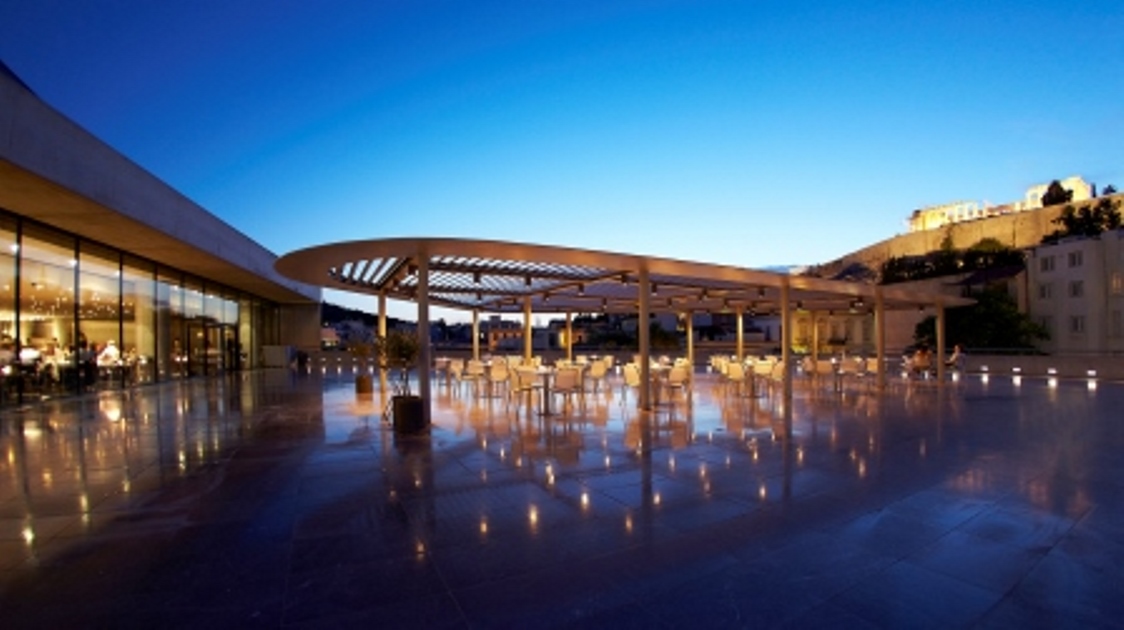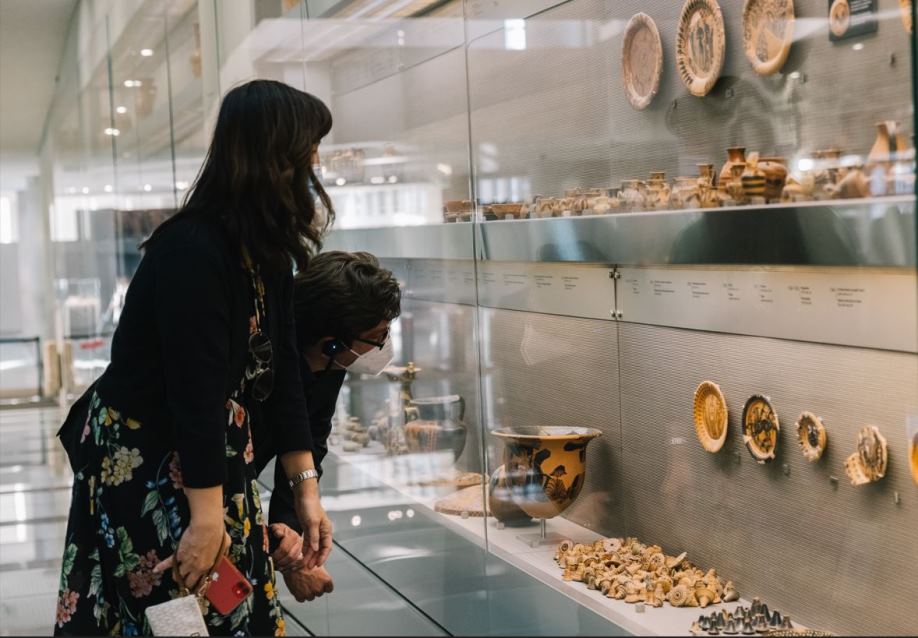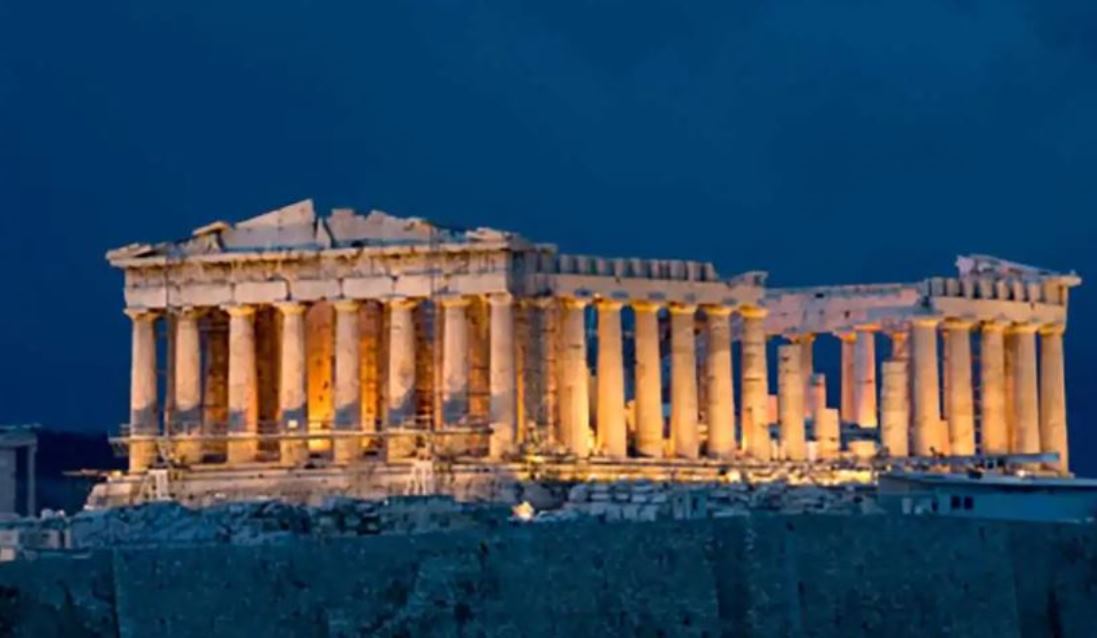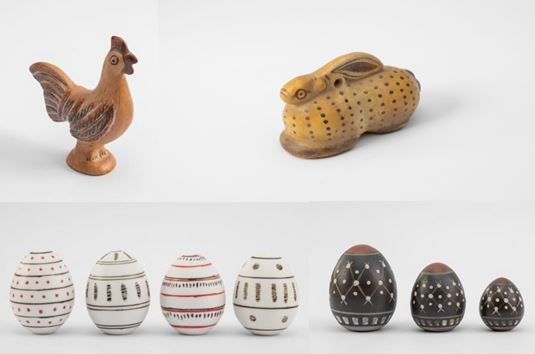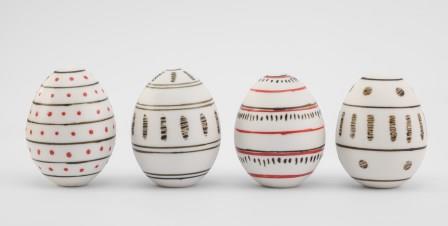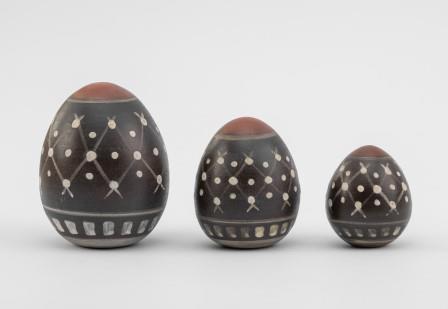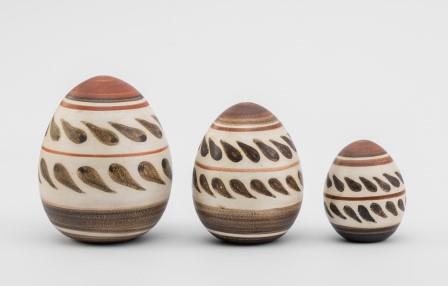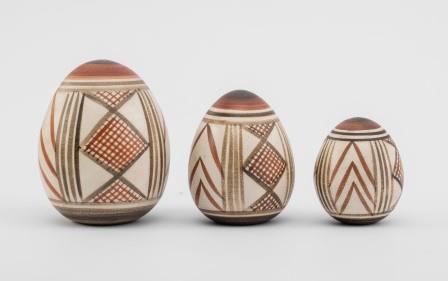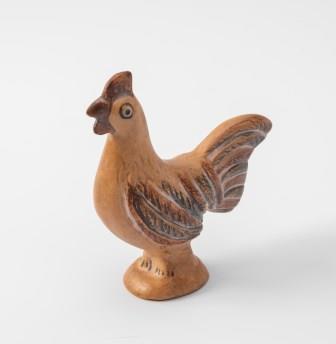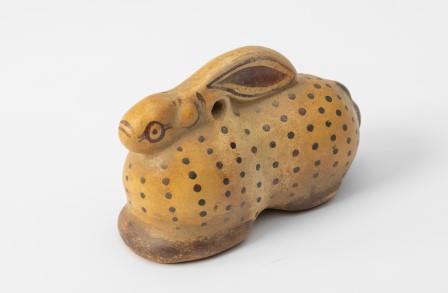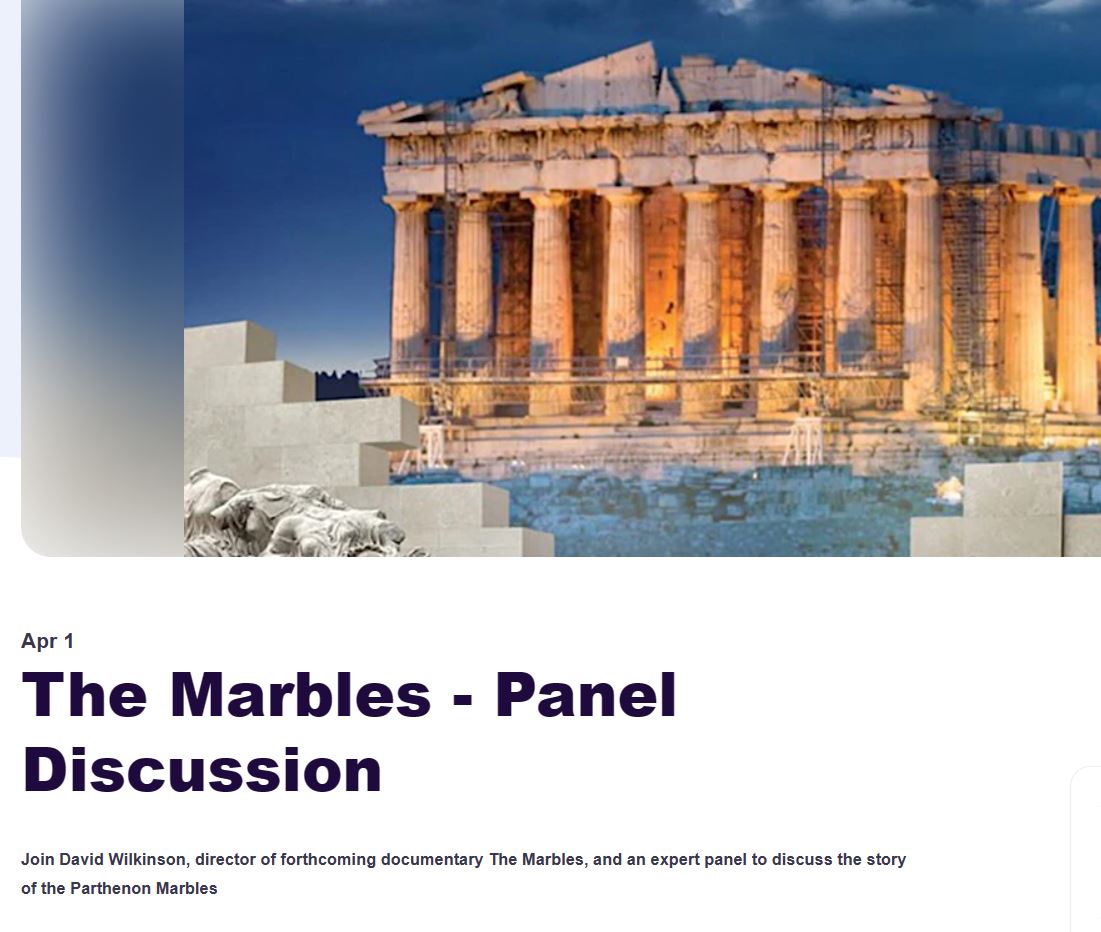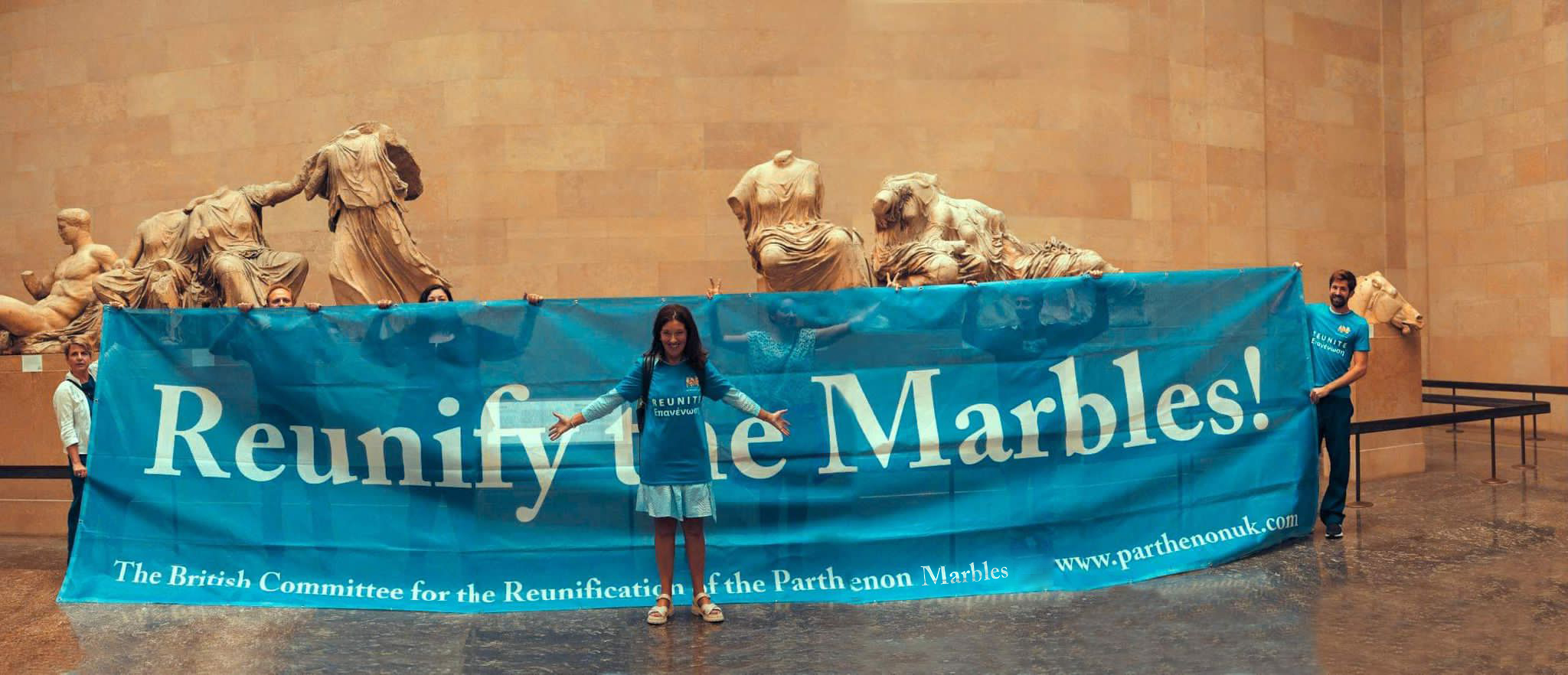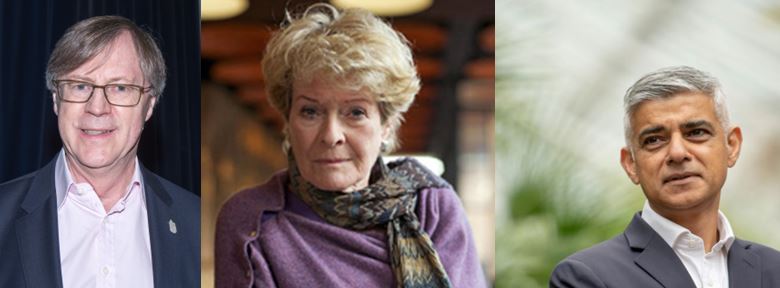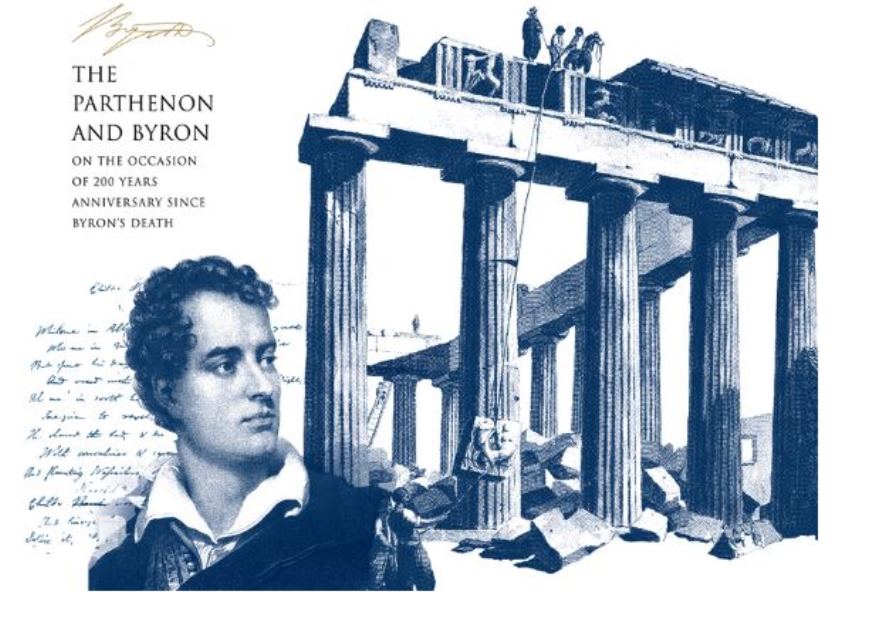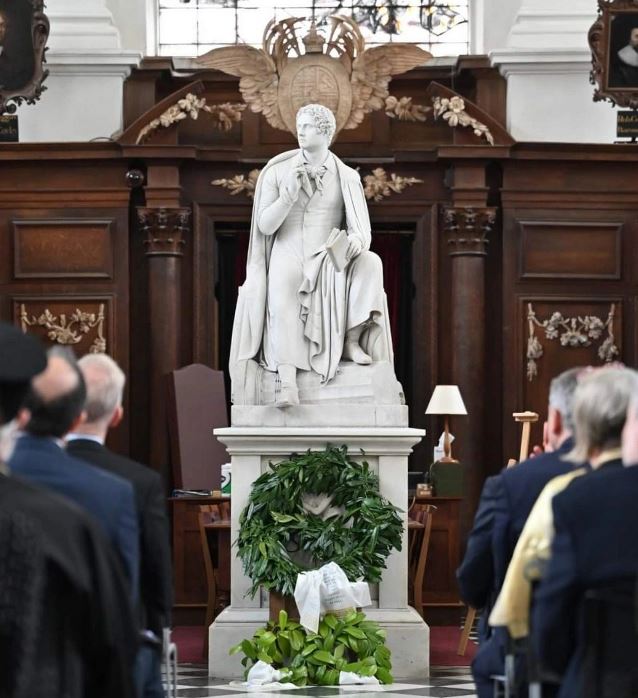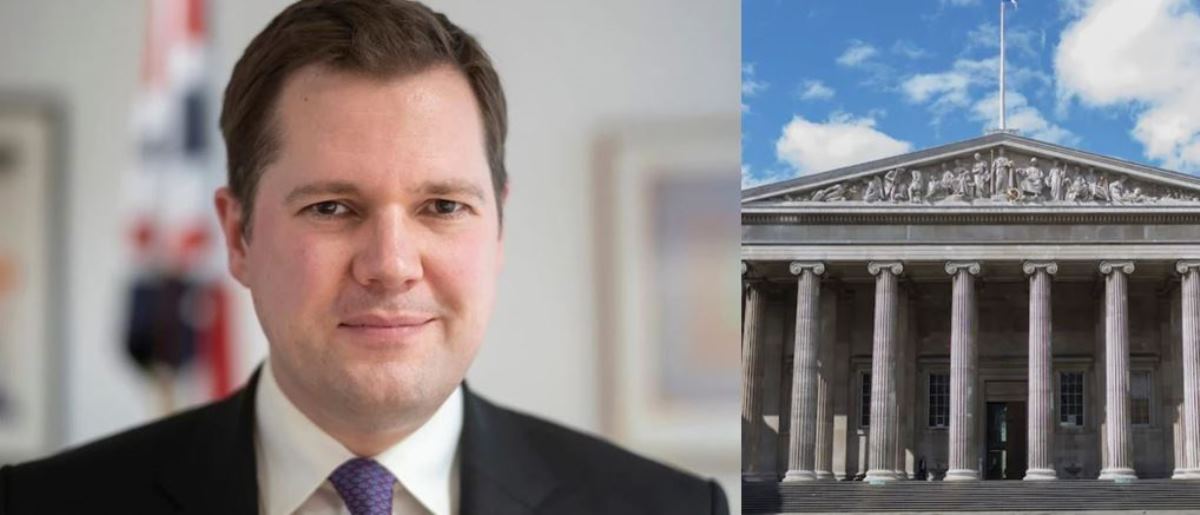With talks between Greek authorities and The British Museum regarding the reunification of the Parthenon Marbles showing real promise, the UK’s Greek community, along with leading classicists and campaigners from the British Committee for the Reunification of the Parthenon Marbles (BCRPM), have launched a new campaign to repay the funds used by Parliament in their acquisition.
Over two hundred years ago, Lord Elgin removed a number of exquisitely carved figures and friezes from the Parthenon, wreaking severe damage to the monument. He shipped the Parthenon Marbles from the site of the Acropolis to England, with the intention of decorating his ancestral home in Scotland. However, he became bankrupt and was obliged to offer the sculptures to British Parliament, who at the time paid £35,000 (roughly equivalent to 2.5 million today).
In 1816 the sculptures were placed in the care of The British Museum and thus became known as the Elgin Marbles. However, since Greece's declaration for independence in 1821, the Greek state has continued to appeal for their return, and responding to an ever-growing shift in popular opinion, the sculptures are now widely acknowledged as the Parthenon Marbles. Since the opening of the Acropolis Museum in 2009 there is an opportunity to see the surviving sculptures reunited as close as it is physically possible to the Parthenon.
Professor Paul Cartledge, Vice Chair of the Committee, explains: “Our intent is to symbolically repay the funds used in this acquisition as a gesture of goodwill, and to ensure that in the eventual reunification of these works of art to their peers in Athens, the part of Parliament in safeguarding these objects is properly recognised.”
Launching the campaign on Greek Independence Day, the Greek community with classicists and campaigners from the BCRPM are planning to raise the £35,000 and return it to the new Secretary of State for Culture, Media & Sport, the Right Hon Lucy Frazer KC MP.
The Greeks wish for the sculptures to be returned, so they can be placed alongside and reunited with their other halves, to be seen as one connected work of art, inside a stellar modern museum, built specially in eye viewing distance of the actual building from which they were taken.
Avgoustinos Galiassos, British & Greek Member of the Committee, adds: “It is hugely important that the role played by parliament be recognized and remembered. It matters to us as Greeks and Brits that we make this gesture of goodwill, and should the government be unwilling or unable to receive the funds, supportrs will be given their money back or they can if they wish leave it for more campaigning initiatives.”
Of the sculptures, Dame Janet Suzman, Chair of the Committee, says: “The arrival of these sculptures in London generated huge and lasting interest in ancient Greece. After two centuries, the support for their reunification in the Acropolis Museum with the public in the UK, Greece and throughout the globe, is at an all-time high. The time has now come for them to be returned home to be reunified with the remaining Marbles at the site they were wrongly torn from.”
The on-going talks between The British Museum and the Greek authorities represent the most substantive opportunity for progress in a generation. For the past twenty-three years, Greece has promised to send more Greek artefacts not seen outside of Greece to The British Museum. The British Museum has 108,184 Greek artefacts, of which only 6,493 are even on display.
The British Museum insists on informing its visitors, that these Marbles were legally acquired yet no official permit has ever come to light permitting Lord Elgin to decide which of the best pieces of sculpture from the Parthenon, damaged though it was, could be removed.
George Gabriel, British & Greek Member of the Committee, also adds: “Elgin was an opportunist, Parliament is not. Our hope is that by properly recognising the role of the United Kingdom in preserving these treasures we can further open space for them to be reunified in Athens where they belong. The purpose of these funds is the symbolic repayment of those used by Parliament, in recognition of the important role it played in preserving these antiquities. Going beyond a symbolic step such as this, given the well documented concerns about the legality and ethics of Elgin's acquisition of the Marbles would not be appropriate at this time.”
You can find details of the fundraising campaign here.
For further media enquiries please contact Marlen Godwin on 07789533791 or This email address is being protected from spambots. You need JavaScript enabled to view it.
